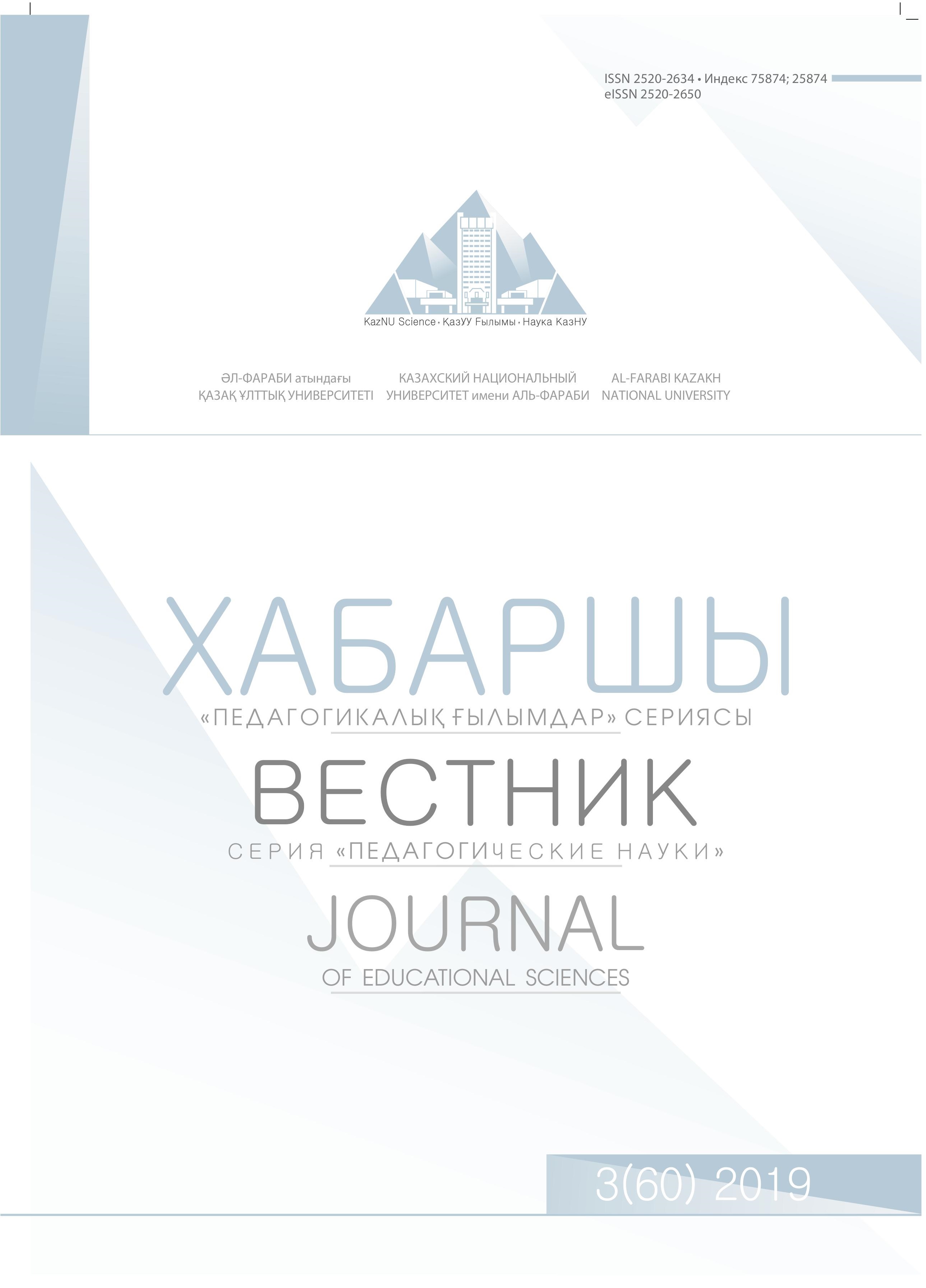Modern Approach in Training of Specialists of New Formation
DOI:
https://doi.org/10.26577/JES.2019.v60.i3.07Abstract
The digital economy requires new approaches in the training of professional personnel. The article discusses the experience of using blended learning at the International University of Information Technologies (IUIT, Almaty), as well as the question of the readiness of teachers and future teachers to use digital technologies in their professional activities. As a result of the study, 25 disciplines using blended learning were identified and analyzed. The standard composition of the training module was developed; the “inverted class” methodology was adopted as the basis. A brief description of the composition of the training module is given: lectures, presentations, webinars, independent work, homework, results testing, intact communication. The main difference between blended learning and traditional one is that the variation of the learning environment causes change of the discipline teaching methods . The strengths and weaknesses of distance learning are summarized. In the practical part of the study, a survey of teachers and students-future teachers was conducted to determine their willingness to use digital technology in teaching. 150 people took part in the survey. It was established that students - future school teachers have shown themselves to be more advanced in the field of ICT and almost all of them are fluent in digital technologies. Key words: distance learning, blended learning, “inverted class” method, digital technologies, information and communication technologies in education.















